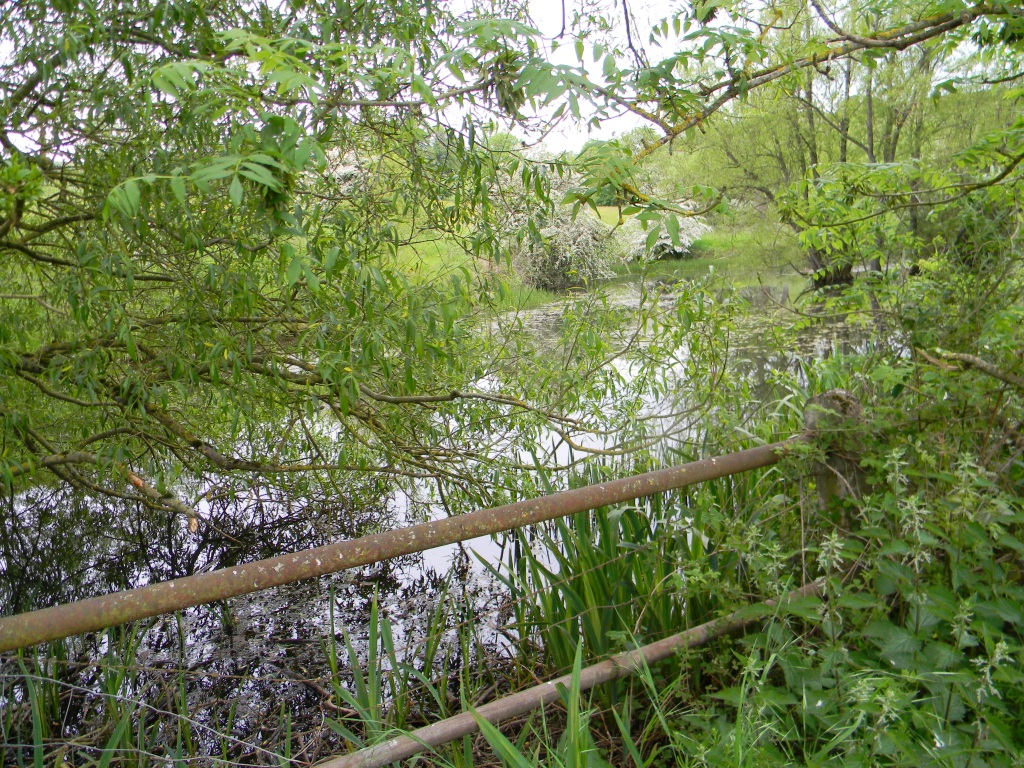Who He
gliding high
Lyme Regis
The Crazy World of Woozy Song
A Thanksgiving
When pre-pubescent I felt
that moorlands and woodlands were sacred:
people seemed rather profane.
Thus, when I started to verse,
I presently sat at the feet of
Hardy and Thomas and Frost.
Falling in love altered that,
now Someone, at least, was important:
Yeats was a help, so was Graves.
The, without warning, the whole
Economy suddenly crumbled:
there, to instruct me, was Brecht.
Finally, hair-raising things
that Hitler and Stalin were doing
forced me to think about God.
Why was I sure they were wrong?
Wild Kierkegaard, Williams and Lewis
guided me back to belief.
Now, as I mellow in years
and home in a bountiful landscape,
Nature allures me again.
Who are the tutors I need?
Well, Horace, adroitest of makers,
beeking in Tivoli, and
Goethe, devoted to stones,
who guessed that – he never could prove it –
Newton led science astray.
Fondly I ponder you all:
without you I couldn’t have managed
even my weakest of lines
W H Auden
7 May 1973
Auden reflects on the poets and writers that have sustained him throughout his life in this poem, written a few months before he died. He was 66.
beeking – to bask in the sun
Losing sight of Wystan on the way

Last night I picked up my volume of Auden’s Collected poems and read a few random pages. Auden liked to describe himself as a creature of the north which may explain his interest in the Icelandic sagas and his trip to Iceland with Louis Macneice in the 30s, that
“Fortunate island,
Where all men are equal
But not vulgar – not yet”
As a young man his contemporaries described him as Nordic, and Charles Osborne suggests that Auden could be an Anglo-Saxon corruption, ‘Healfdene’ or half Dane – though it could also be the old English ‘Aelfwyne’ – elf-friend – shades of Tolkien there. Auden was born in York but the family moved a year later to Birmingham. St Wystan, the English martyr was the grandson of the King of Mercia and the village of Wistanswick in Shropshire means quite literally “Winstan’s dwelling”.
So why did Auden consider himself to be a creature of the north?
Is he half-Dane or elf-friend, this man of the Middle Lands, where the worlds of Danelaw and Anglo-Saxon collide, collude and intermingle?

















